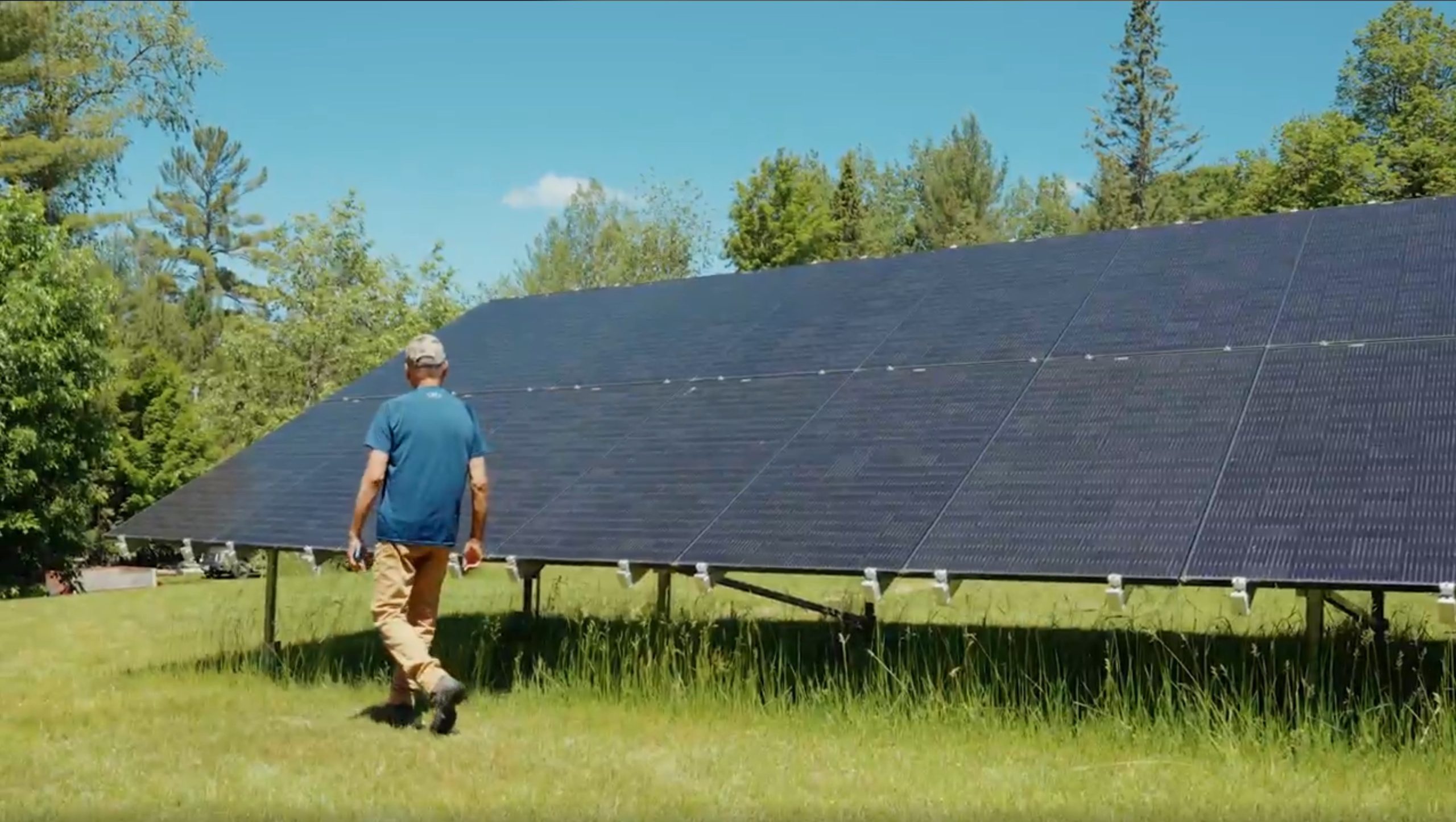Podcast: Play in new window | Download | Embed
U.S. Sen. Lisa Murkowski (R-AK) says U.S. Health And Human Services Secretary Robert Kennedy has pledged to preserve the Indian Health Service (IHS).
Alaska Public Media’s Liz Ruskin reports.
Sen. Murkowski says she reached Sec. Kennedy by phone last weekend.
“He was given a mandate to make a 10% reduction across the board throughout Health and Social Services. And after we had our conversation, he committed to me that there were going to be no reductions at IHS on his watch. It was important to have that line of communication.”
Murkowski voted for Kennedy’s confirmation despite her disapproval of his decades-long campaigns to undermine trust in vaccines.
She defended that vote by saying she has to find a way to work with top officials in the Trump administration to represent her constituents’ concerns, and she says Kennedy’s IHS pledge shows her approach is already paying off.
 Meanwhile, U.S. Rep. Chellie Pingree (D-ME) and U.S. Sen. Jeff Merkley (D-OR), ranking Democrats on subcommittees that oversee funding for the Department of the Interior, are urging the Trump administration to reinstate terminated Indian Affairs employees.
Meanwhile, U.S. Rep. Chellie Pingree (D-ME) and U.S. Sen. Jeff Merkley (D-OR), ranking Democrats on subcommittees that oversee funding for the Department of the Interior, are urging the Trump administration to reinstate terminated Indian Affairs employees.
They’re also calling for the federal hiring freeze to be lifted, and to rescind early retirement offers.
In a letter sent to Interior Secretary Doug Burgum Thursday, the lawmakers ask the administration to “instead work to strengthen and grow Indian Affairs staff to best meet the needs of American Indians and Alaska Natives.”
They say many of the Indian Affairs programs tribal communities rely on are already underfunded and understaffed, and that the administration’s actions are damaging, implemented without tribal consultation, and put vital Indian Country services at risk.

(Courtesy Sun Bear Industries)
Wisconsin tribal nations are working toward energy autonomy.
They’re using renewable energy and creating economic opportunities, as Judith Ruiz-Branch reports.
Tribal nations have historically faced challenges to own and control their own electricity, even though a significant number of plant and utility infrastructure are in close proximity to reservation lands.
Isaiah Ness founded Sun Bear Industries after witnessing disproportionate opportunities in the renewable energy space.
“There’s not much disparity in the type of person that was receiving solar. It was one of those things that you could see the common trend very easily. ”
Ness now helps Indigenous and minority communities in Wisconsin to build renewable energy infrastructure with an emphasis on intersecting cultural appreciation and economic opportunities.
The Menominee Nation is working to achieve energy sovereignty by 2035.
Part of that vision began with their solar elder project which was created to ensure elder community members are never without power during outages.
Ness says reservations typically have high power demands, and having autonomy over that is key.
“It makes more sense for them to have on reservation power-producing plants and facilities that are also sourced from clean energy. And then for them to be able to reinvest into their own community. And so this concept of virtuous cycle how far and how many cycles can we make out of $1 that is injected into renewable energy.”
Community partnerships and grants have been a crucial component to the progress Indigenous communities have made thus far.
The Inflation Reduction Act allocated about $400 billion toward climate initiatives with a large portion dedicated to renewable energy projects through tax incentives and grants for tribes.
Uncertainty looms on whether programs like these will be included in proposed spending cuts under the Trump administration.
This story was produced with original reporting from Robert Chappell for Madison 365.
Get National Native News delivered to your inbox daily. Sign up for our daily newsletter today.



